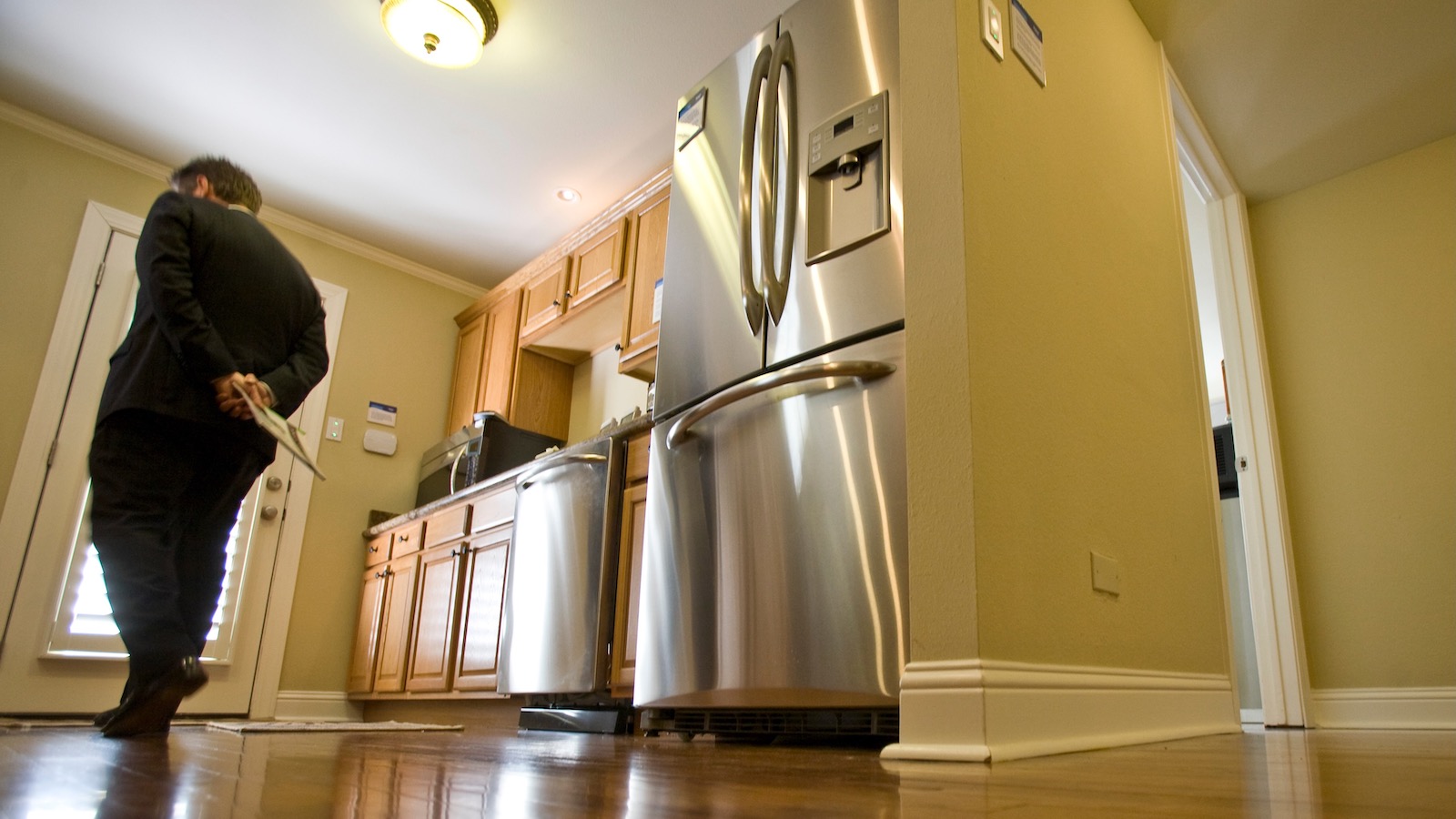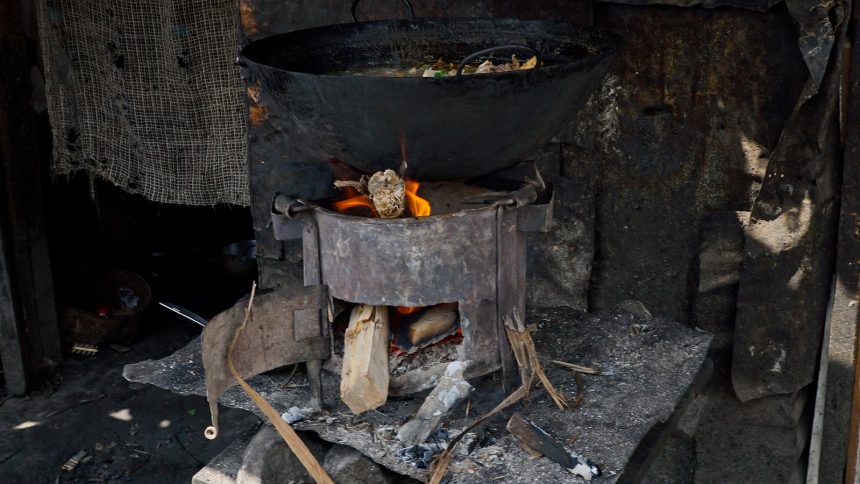Could changing our cooking methods help combat global warming? While many in wealthy nations are considering switching from gas to electric or induction cooktops, nearly a third of the world’s population still relies on preindustrial cooking methods that cause local air pollution and are carbon-intensive. Over 2.3 billion people use open fires or makeshift stoves with fuels like wood, animal dung, charcoal, and coal. The lack of access to clean cooking technologies leads to 3.7 million premature deaths annually due to indoor air pollution. Efforts are being made to improve access to clean cooking, especially in Africa, through initiatives like the Summit on Clean Cooking in Africa.
Cooking disparities have been recognized as a health crisis and a driver of inequality, particularly affecting women who are primarily responsible for cooking and exposed to indoor air pollution. The climate crisis has further highlighted the urgency of transitioning to clean cooking methods. By addressing the issue of smoke-spewing cookstoves and fires, which account for around 2% of global greenhouse gas emissions, we can not only mitigate climate change but also improve public health and protect biodiversity.
While the long-term goal is to electrify everything with renewable energy, the transition in Africa may require the use of transition fuels like liquefied petroleum gas (LPG) until the necessary infrastructure is in place. The debate around the use of LPG in clean cooking initiatives continues, with some experts advocating for its role in the transition and others expressing concerns about its impact on the switch to electric cooking. Despite differing views, efforts are being made to make clean cooking a priority on the global agenda, with various stakeholders committing to significant investments in this area.

The transition to cleaner cooking methods is a complex issue with differing perspectives on the role of LPG and electrification. While some see LPG as a necessary transition fuel in certain regions, others believe it may delay the switch to electric cooking. Balancing environmental concerns with access to healthier cooking solutions remains a key challenge as stakeholders work towards a cleaner and more sustainable future.





